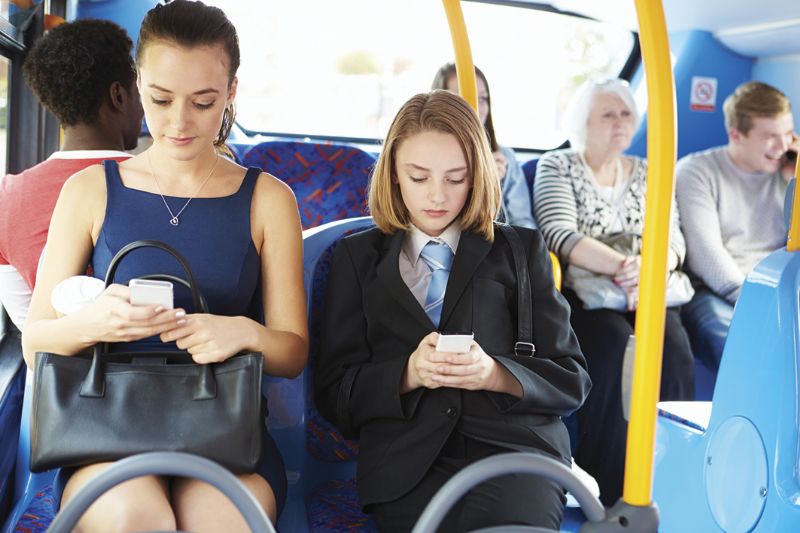- Home
- News, Articles & Reviews
We are hiring! Please click here to join our growing magazine delivery team in Gloucestershire!
Areas
Education, Training & Employment
Archive

Wintertime commuting
All Areas > Education, Training & Employment > Education & Employment
Author: Holly Prince, Posted: Thursday, 24th October 2019, 09:00
Having recently changed the clocks back, you may be one of those people who grumble and groan about ‘losing an hour’ of light, and there is often debate about whether the UK should change the clocks or not.
The idea of daylight saving time (DST, also known as British Summer Time) was first proposed in the late 1700s. However, the UK didn’t start to introduce it until the 1920s when the rapid development of rail travel called for a more consistent way of time-keeping across various locations.
Both adults and children need to take extra care
As the UK continues to use DST, doing the school run or commuting to and from work with an hour’s less daylight can be more hazardous, leading to a higher probability of having an accident. RoSPA (the Royal Society for the Prevention of Accidents) says there is a rise in road accidents every autumn, so both adults and children need to take extra care.
Children staying on after regular school hours for extra-curricular activities or going to friends’ houses after school need to be more vigilant getting home when there is less natural daylight. It’s good if children can journey home with friends, but if they walk, cycle or get the bus home on their own, they need to take pre-cautions to stay safe.
The suggestion of a hi-viz vest might not go down too well, but maybe encourage them to carry a torch and stick to well-lit areas. Advise them that they need to be aware of their surroundings and that having earphones in can limit their ability to hear vehicles or strangers approaching.
Some young people don’t like their parents ‘keeping tabs’ on them, but ask them to inform you what time to expect them home, assuring them that it’s for their own safety (as well as your peace of mind!).
Ensure mobile phones are charged in case of emergency, but be aware to not have valuables on show.
The same advice applies to adults. Waking up bleary-eyed in the mornings or coming home from work when it’s darker can make you feel more tired, so you need to be careful when driving. Ensure you have a red triangle and a blanket in your car in case you break-down.
Notify people if you’re going to be late
If you’re very tired, consider getting a lift home with a friend or staying the night locally so that you don’t put yourself, and others, at risk.
If you walk home or get public transport, it can be use-ful to carry a personal attack alarm. Also, notify people if you know you’re going to be late so that they know to look out for you.
Safe travels!Other Images
Copyright © 2025 The Local Answer Limited.
Unauthorized use and/or duplication of this material without express and written permission from this site's author and/or owner is strictly prohibited. Excerpts and links may be used, provided that full and clear credit is given to The Local Answer Limited and thelocalanswer.co.uk with appropriate and specific direction to the original content.More articles you may be interested in...


© 2025 The Local Answer Limited - Registered in England and Wales - Company No. 06929408
Unit H, Churchill Industrial Estate, Churchill Road, Leckhampton, Cheltenham, GL53 7EG - VAT Registration No. 975613000You are leaving the TLA website...
You are now leaving the TLA website and are going to a website that is not operated by us. The Local Answer are not responsible for the content or availability of linked sites, and cannot accept liability if the linked site has been compromised and contains unsuitable images or other content. If you wish to proceed, please click the "Continue" button below:




